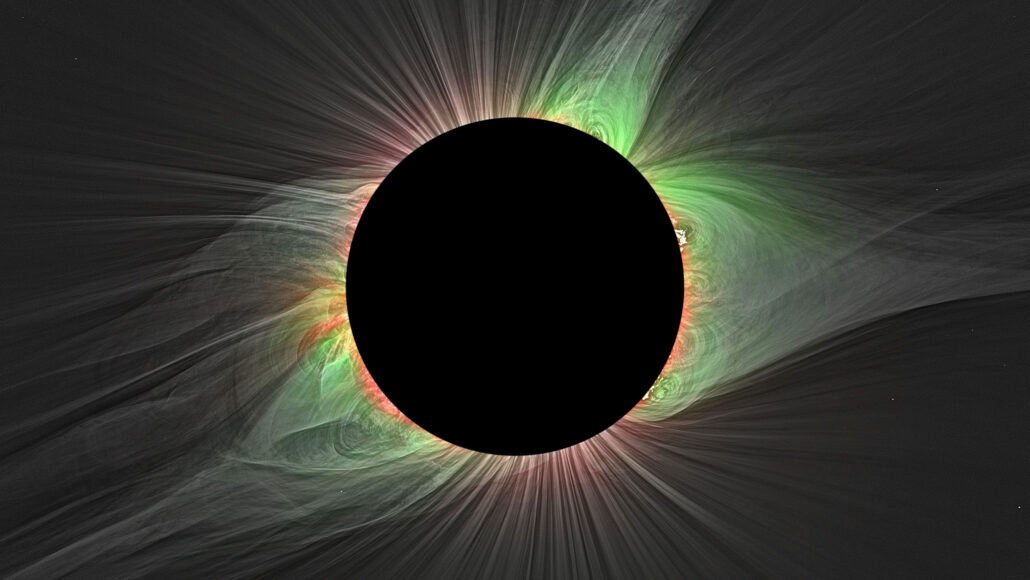
Earth
Get ready for the 2024 total solar eclipse
A total solar eclipse will race across North America on April 8, 2024, providing a rare opportunity for both scientists and casual observers.
Come explore with us!

A total solar eclipse will race across North America on April 8, 2024, providing a rare opportunity for both scientists and casual observers.

Weekly updates to help you use Science News Explores in the learning environment
Thank you for signing up!
There was a problem signing you up.

Researchers are trying to figure out the recipe of atmospheric conditions that creates this aurora-like light show.

Nathaniel Frissell uses radio data to study how eclipses affect a layer of the atmosphere called the ionosphere.

A Chinese rover used radar to reveal long-buried terrain. The discovery hints that Mars’ equator was once much colder and wetter.
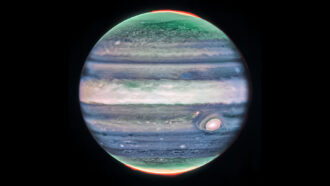
Spotted in images from the James Webb telescope, the high-altitude current may help untangle the workings of the giant planet’s atmosphere.

Mallory Molina is looking for supermassive black holes — and helping others find their place in the field of astronomy.
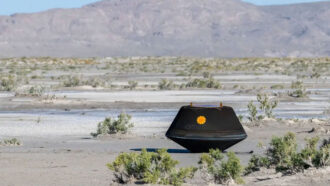
Dirt from the asteroid Bennu could hold clues about the material that built our solar system — and possibly where life comes from.
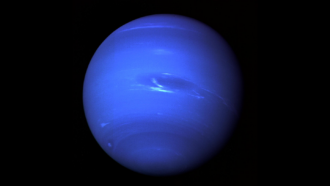
Telescope observations hint how sunlight-driven chemistry may boost cloud cover on our solar system’s farthest planet.

Infrared light from a distant star appears to be leftovers of an impact between a pair of Neptune-sized worlds.
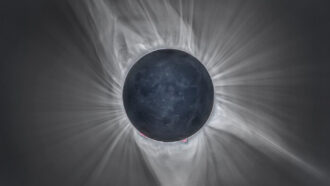
The sun will be near the peak of its activity cycle during the eclipse on April 8, 2024. That will make it a great time to crowdsource solar research.